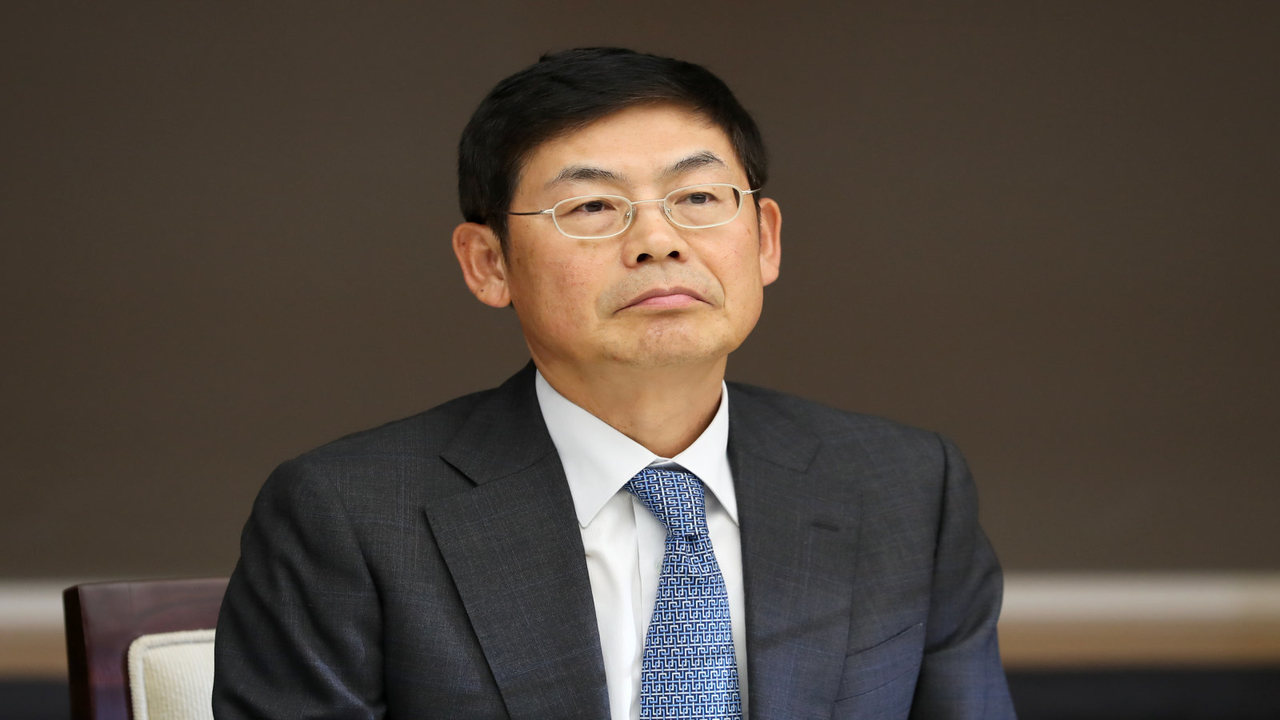On Tuesday, December 17, the Seoul District Court in South Korea sentenced 26 of the 32 accused in a high-profile union-busting case involving the Samsung Group. Current and former senior executives of the company have received prison terms and hefty fines by the court in a landmark judgement, which found them guilty of sabotaging union activities in violation of the Trade Union and Labor Relations Adjustment Act.
Board chairman Lee Sang-hoon, vice-president Kang Kyung-hoon of Samsung Electronics, former head of Samsung Electronics Services, Park Sang-bum, Samsung Card president Won Ki-chang, and Samsung C&T CEO Chung Keum-yong were each sentenced to 18 months in prison on different terms of probation and court custody.
Samsung Electronics president Park Yong-ki was sentenced to a year in prison, and two years in probation. Among those convicted are members of the Futures Strategy Office of Samsung and the Korea Employers Federation, who were each given either prison sentences of up to a year or charged hefty fines.
Meanwhile, Samsung Electronics, along with three other Samsung subsidiaries, that were also among the accused in the case, have been acquitted. Samsung Electronics Services was also let off after being fined a measly sum of KRW 74 million (around USD 63,400).
As per the state prosecutors, the company and its executives used myriad manipulation techniques to prevent the unionization of workers. Workers were victimized and threatened with wage cuts if they took up union membership.
The case against Samsung has been on for over a year after state prosecutors received complaints from employees and discovered secret documents detailing guidelines issued by the company for union busting.
For years, Samsung has been at the forefront of campaigning against unions in South Korea, with several of its executives being on record with their attacks against unions. Despite this, trade union bodies have operated in Samsung and its subsidiaries for more than a decade, organized by the nation’s two trade union confederations, the Federation of Korean Trade Unions (FKTU) and the Korean Confederation of Trade Unions (KCTU).
Samsung, however, did not recognize the bargaining rights of labor groups operating in any of its over 60 units across South Korea. Until recently, the group resorted to terminating the employment contracts of those leading the unionization of workers, such as Cho Jang-hee, a restaurant manager at Samsung C&T’s resort division, who was fired for organizing workers in 2011 and had to fight a five-year long battle to regain his employment.
Over the past decade, militant trade unionists have put pressure on Samsung to recognize the workers’ right to unionize, and regularize workers employed through temporary contracts for years together. It was only about a month ago that the company formally recognized bargaining rights for all unions organized by the KCTU and the FKTU.
Meanwhile, the sweeping convictions have left Samsung in a lurch, as it is already faced with multiple controversies of corporate mismanagement and corruption. Even though observers have noted that the recent convictions are not likely to significantly affect investor confidence in the company, it will now be forced to bring in changes to its management policies, notably the handling of labor relations.





